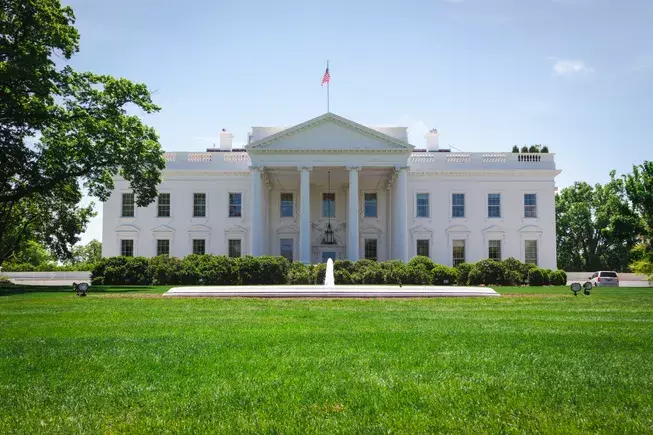Recent announcements from the U.S. government signal a notable shift in the economic relationship with China. After a prolonged period of escalating tariffs and tensions, both nations have tentatively agreed to reduce tariffs on various imported goods. This adjustment not only provides a much-needed moment of relief for the global markets but also suggests the possibility of renewed dialogue on several contentious issues, including the fate of popular social media app TikTok in America. The relief that this development brings cannot be overstated, especially for industries adversely affected by the trade war.
Tariffs, initially implemented to protect American businesses, have created significant disruption, leading to increased prices and uncertainty in supply chains. Businesses that rely on imported goods were left scrambling to adjust to higher costs, which ultimately trickled down to consumers. A reduction in tariffs might not only restore balance in international trade but also foster a healthier economic environment for innovation and collaboration.
Implications for TikTok
The relationship between China and the U.S. has direct implications for TikTok, a platform with a substantial user base in America. For outsiders, the TikTok saga might seem like a mere corporate maneuvering, but it encapsulates wider geopolitical tensions. The U.S. government had previously mandated that TikTok—owned by Chinese company ByteDance—must be sold to a U.S. entity to continue operating on American soil.
In light of the recent trade agreement, the specter of regulatory pressures might finally lift, allowing discussions toward a TikTok deal to proceed. While the specifics of such a partnership remain indefinite, reports indicate Oracle could emerge as a probable suitor. Oracle’s involvement could fulfill the requirement of the “Protecting Americans from Foreign Adversary Controlled Applications Act,” which seeks to limit foreign control over American tech platforms.
Challenges of Compliance
However, complexities abound. The criteria stipulated by U.S. lawmakers present significant hurdles for ByteDance and the ultimate fate of TikTok. These stipulations limit foreign ownership to under 20% and prevent foreign entities from controlling the platform’s algorithms. This tight grip on governance raises questions about how a deal can satisfactorily align with both parties’ expectations without undermining ByteDance’s core business model.
As the negotiations move forward, the stakes are high. While ByteDance may wish to maintain architectural control over the application’s core functionalities, the U.S. prioritizes security and operational transparency. The resulting blend of interests will likely dictate the future landscape of TikTok and similar platforms. Until a concrete deal emerges, TikTok creators face uncertainty, caught in the crossfire of international political machinations and corporate strategies.
Political Leverage and Corporate Espionage
It’s essential to recognize that TikTok’s ongoing saga is not merely about one app—it reflects larger themes of political trust, technological competition, and national security concerns. TikTok, once seen purely as entertainment, is now viewed through a lens of espionage fears and data privacy. The escalating scrutiny placed on applications that operate under foreign jurisdictions illustrates a growing wariness among American lawmakers regarding the potential for misuse of user data and digital resources.
For President Trump, these dealings are not isolated from the political environment; they are tools for leverage. His administration has wielded these negotiations as a means to showcase strength in safeguarding American interests while addressing concerns from constituents who view foreign influence as a threat. The expectation of a rapid resolution—originally proposed within one week—was a politically advantageous assertion, though it ultimately revealed the complexities and challenges of framing a feasible agreement.
The Path Ahead
The announcement of tariff reductions provides a glimmer of hope for many stakeholders actively involved in or impacted by TikTok. As trade tensions ease, the door opens for potential collaborations that could allow platforms like TikTok to operate without the looming threat of closure or ownership upheavals. For content creators on TikTok, this may translate to stabilization in a space that has felt fragile for far too long.
As the world watches the continuing negotiations between the U.S. and China unfold, the outcomes will likely shape not only the future of TikTok but also set precedents for how future tech giants navigate global regulation. In an era where digital citizenship is so inherently tied to political and economic landscapes, understanding the nuances of these discussions will remain critical.

